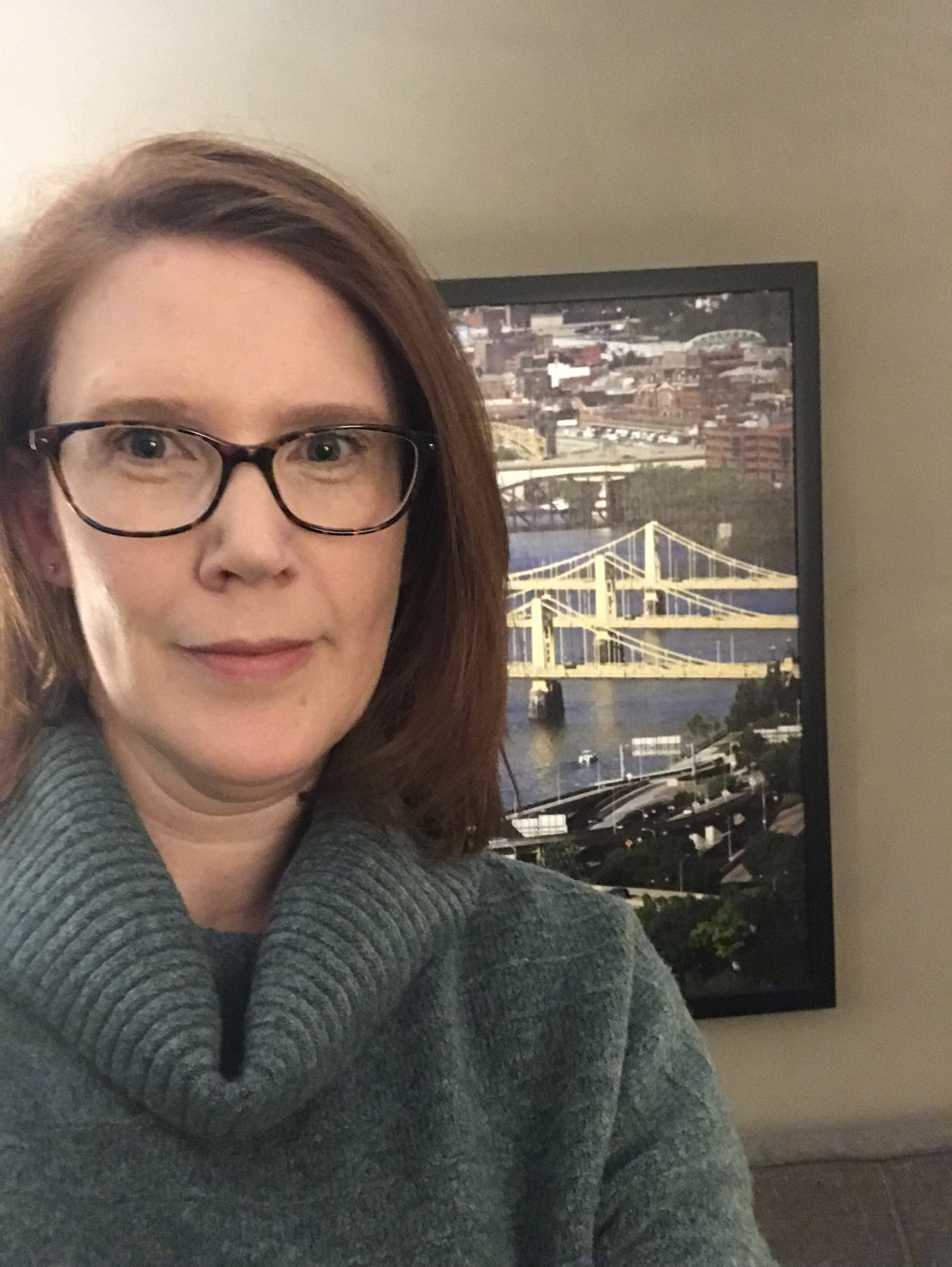BE AGILE
 I believe that personal well-being and professional vitality are more important than productivity, but also that creating our most meaningful work and connecting with others keeps us vital. I care deeply about normalizing discussion of burnout in higher education without normalizing the culture that causes it.
I believe that personal well-being and professional vitality are more important than productivity, but also that creating our most meaningful work and connecting with others keeps us vital. I care deeply about normalizing discussion of burnout in higher education without normalizing the culture that causes it.

Unraveling Faculty Burnout (Johns Hopkins University Press) available now!
In higher ed, we tend to think of productivity as outputs – journal articles accepted, books published, grants written and awarded, graduate students amassed – and this version of productivity can feel like the proverbial hamster wheel in faculty life, as we run in circles chasing the ever moving target of enough. On the other hand, ecologically, productivity means the capacity, richness, and generative possibilities in a given habitat or area. When we think of productivity in this way, we allow ourselves to focus on what is meaningful, important, and the activities that feed our curiosity and our energy – which ripples out into our research, writing, and work with students and the community.
The assumption that being “busy” is a measure of an active, successful academic is deeply flawed and tacitly encourages faculty to accumulate projects, service roles, courses, and students often against our better judgment of what we can handle. We find ourselves exhausted and overwhelmed. However, busy cannot crowd out our sense of vitality when we do work that gives us professional energy, vibrance, and life. Vitality is a dynamic state of being driven by curiosity, care, and purpose. Vital faculty tap into this dynamism by taking on work that feeds that energy, but they also establish boundaries that allow them to pursue their focus.
If we allow it, the job of being an academic can become a faculty member’s sole identity within a system that values busyness, overwhelm, and single-minded focus. And when we can’t live up to that idealized vision of an academic, we often feel shame or a sense that we don’t measure up. Well-being is more than the elusive work/life balance or easy self-care strategies like getting a massage or going golfing. Instead, well-being is a well-rounded approach to being physically and mentally healthy, feeling a sense of meaning in one’s work, and actively managing stress by engaging in fulfilling activities and relationships outside for academia.
We know that humans are social creatures, but being a faculty member can be isolating, no matter how many students we teach, books we write, or committees we join. Humans are also political creatures which can make our teams, academic units, and shared governance structures challenging. Connection with peers, rather than competition, can drive our creative energy and help us through difficult times. Mentoring connections allows us to gain and receive hard-won wisdom about life in higher education. Connection with others in our disciplines feed us intellectually. And connection with students can fill our cups with hope for the future.
How are productivity, vitality, well-being, and connection
present in your Agile Faculty Life?

